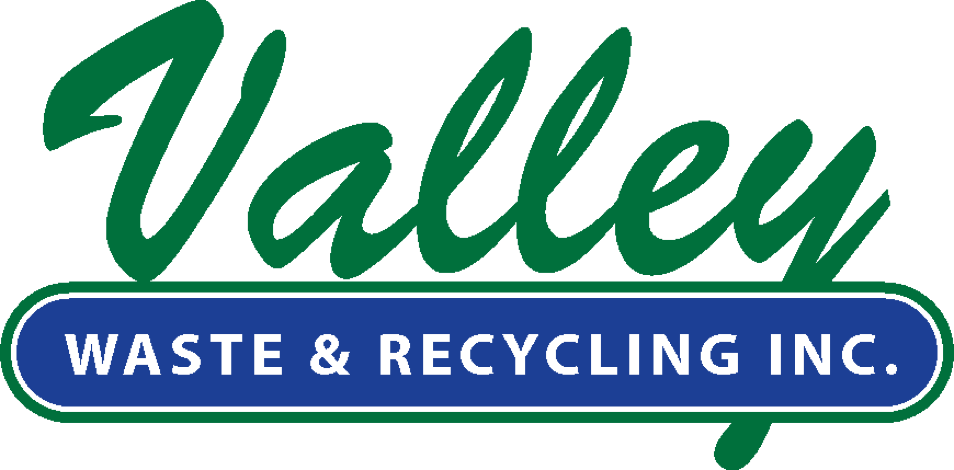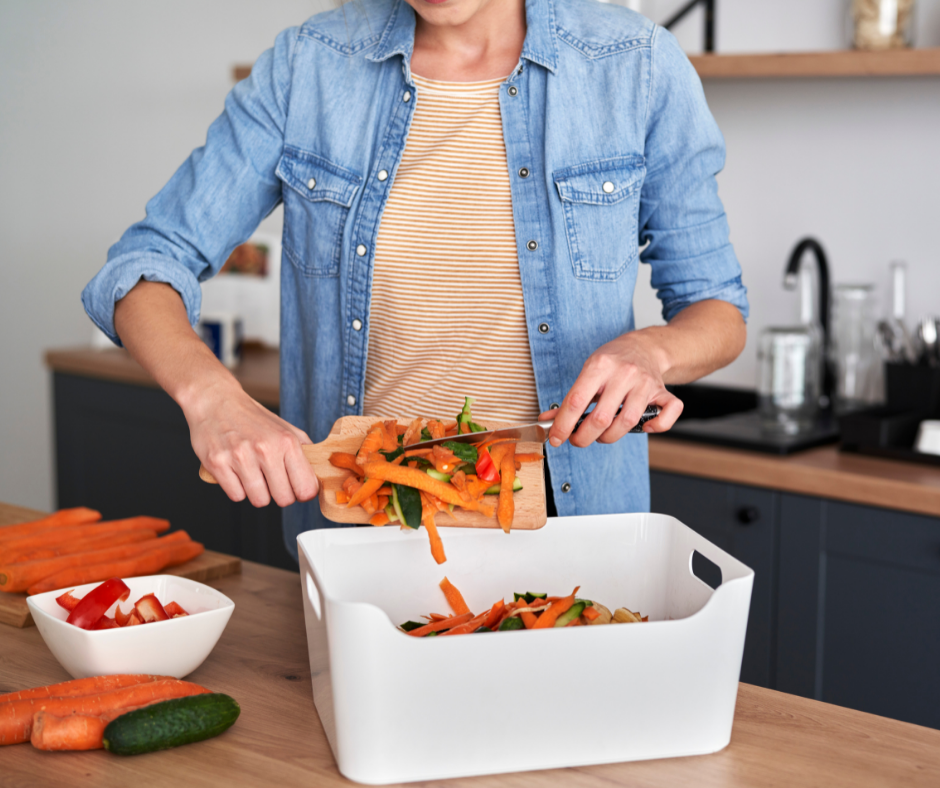What is “organic” waste?
You might be asking yourself “what is organic waste”. Simply put, organic waste is any material that comes from a plant or animal and is biodegradable. Examples of common organic waste include:
- Leftover food
- Coffee grounds, apple cores, eggshells—any food by-products
- Cut flowers
- Pet food
- Livestock manure
- Untreated/unpainted wood, e.g. coffee stirrers and toothpicks.
- Branches and stems
- Floral clippings
- Grass trimmings
- Leaves
- Weeds
- Sawdust
The Good & The Bad
The good news: Given the right conditions and the presence of microorganisms, fungi, or bacteria, anything biodegradable will eventually break down to its basic components and be absorbed by the earth. So, if organic waste handling and disposal are done right, that means none of the above needs to go to landfills — which is both a massive health and environmental boost. (For comparison, a single banana peel left exposed in a landfill takes about two years to break down. A plastic bottle takes 450.)
Unfortunately, there’s bad news, too. That breaking down to basic components can have a serious negative environmental impact. First, biodegradation creates a lot of methane, a potent greenhouse gas that traps heat in the atmosphere, therefore contributing to man-made climate change. Second, incorrect disposal practices can be dangerous. Organic waste may contain antibiotics, chemicals and pathogens — all of which become a serious health risk as the waste breaks down.
Benefits of Organic Waste
Considering that 40 percent of all waste sent to landfills in B.C. is organic, the demand for better organic waste collection and recycling is obvious. Further, its benefits are well documented, and include:
- Saving energy
- Saving resources
- Improving air and water quality by reducing pollution
- Bettering soil quality
- Reducing greenhouse gases
- Finally: It cuts down on our landfill waste
Organic Waste for Homeowners
For homeowners, the best thing you can do to reduce organic waste is to cut your food waste. We advise you to try and plan your meals, avoid soon-to-expire foods when shopping, store your food properly and promptly when you get home, and keep a good number of non-perishable products handy that can be used in a wide variety of meals. You could also look into composting, which is cheap, easy and effective in disposing of household food waste. Check out the Government of BC’s tips on composting here.
Organic Waste Resources in the Fraser Valley
Although there are many different types of organic waste, not all of the examples listed above are allowable materials for purposes of organic curbside collection. For residential customers that have this service in their city, check out your city’s website for accepted materials.
Here are links for organic waste for some of the areas we serve:
Visit BeWasteWise.com for a complete list of resources that will help you manage all of your household and commercial waste, including organic compostables, recycling and garbage.


